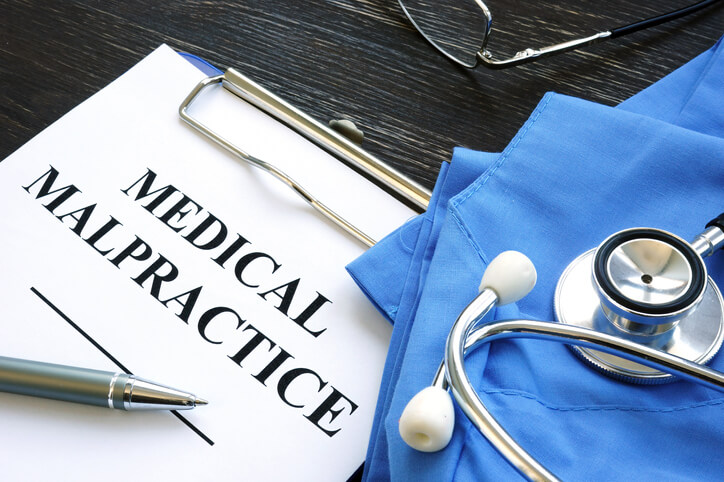When you seek medical treatment, you trust the doctor and other medical providers will give you the best care, including diagnosing your illness correctly and prescribing the right course of treatment.
However, sometimes doctors, nurses, and other medical professionals make mistakes or are otherwise negligent. In these cases, the patient is adversely affected and may be entitled to damages from a medical malpractice claim.
It can be challenging to prove that the doctor or other medical professional deviated from the appropriate standard of care in these cases. A medical malpractice lawyer, who has experience proving malpractice, can help secure the settlement or verdict you deserve.
Proving a Medical Malpractice Case
Malpractice claims require proving four elements. Your lawyer will help you prove each of these.
You Had a Provider-Patient Relationship
First, you’ll have to prove that you sought treatment from the medical provider, and the provider agreed to treat you as a patient. Medical records can prove that the provider provided treatment or was otherwise involved in your medical care. This is fairly easy for your lawyer to substantiate, as long as you have your medical records. If you do not have your records, your lawyer can help you obtain them.
Medical malpractice claims can be brought against any medical professional or institution, not just doctors. These include, but are not limited to, physician assistants, nurse practitioners, nurses, technicians, hospital staff, hospitals, nursing homes, assisted living facilities, and urgent care facilities.
There Was Medical Negligence
Negligence is more than simply making a mistake in treatment. To establish negligence, your lawyer will need to prove that the treating physician failed to provide the appropriate standard of care.
In malpractice cases, the standard of care essentially means how another competent medical professional would treat the patient in similar circumstances.
For example, a competent doctor may order specific tests and quickly analyze the results to determine the course of treatment. Doing so is considered to be the standard of care.
If a doctor didn’t order specific tests, failed to explore the causes of your symptoms, or didn’t analyze the outcome of the tests properly, the doctor could be considered negligent, as they deviated from the appropriate standard of care.
The Negligence Caused Injury or Death
Proving that negligence exacerbated your illness, or resulted in injury or even death, can be a little more complicated. For example, if a doctor fails to screen for cancer, and the patient doesn’t receive prompt treatment, the doctor can be considered negligent.
On the other hand, the patient may have had an underlying medical condition that influenced their symptoms. If the patient didn’t disclose that and the doctor didn’t know, then the prescribed treatment may have been ineffective because of that medical condition, not because the doctor was negligent.
Often, your lawyer will seek the testimony of expert witnesses to establish your claims and help prove that negligence caused a worsening condition, lack of treatment, injury, or death. Your medical malpractice attorney will help prove the causation link between the medical provider’s negligence/malpractice and the resulting injuries or death.
Your Illness or Injury Resulted in Damages
Finally, once your lawyer determines that negligence resulted in harm, they’ll evaluate the damages they think you’re entitled to receive.
Often, people who have suffered medical malpractice may need additional medical care. In addition, they may not be able to work due to their injuries or illness—or they might be unable to do the job they had and will have reduced earning capacity.
Other damages from a medical malpractice case include:
- Physical pain and loss of mobility
- Disfiguring scars
- Emotional anguish and mental trauma
- Permanent disability or injury
- Need for continuous, costly treatment
In some cases, medical malpractice and negligence can even result in death. Your medical malpractice lawyer may file a wrongful death lawsuit for your family in these cases. Damages from these claims include covering burial expenses, loss of future income, and non-economic damages, such as loss of companionship and emotional trauma.
Unlike other states, New York does not have a cap on the damages you seek in a medical malpractice case. If your lawyer deems the malpractice especially egregious, they may seek punitive damages from the medical facility.
Have you been affected by medical malpractice?
If you or a loved one has been harmed by medical malpractice, the Kohan Law Group can help. Call us today for a free consultation for your case.

